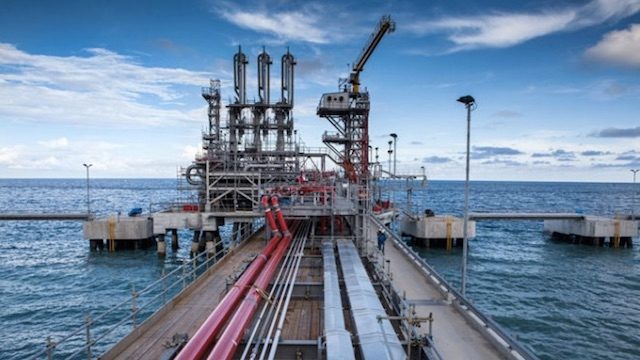SUMMARY
This is AI generated summarization, which may have errors. For context, always refer to the full article.

A venture by Indonesia to develop one of the world’s potentially biggest gas fields appears to have foundered, at least temporarily, on the rocks of economic nationalism that flies directly in the face of President Joko Widodo’s ambitions to open the country to investment.
While the president is telling the world and Indonesians the country is “open for investment,” the government is zig-zagging on the huge gas project, backtracking and creating delays. The Minister of Energy and Mineral Resources, Sudirman Said, is pushing the contract while the Coordinating Maritime Minister, Rizal Ramli, apparently is applying the brakes.
The project is the Masela gas block, located to the east of Timor Island and Darwin, Australia. It is being developed by Inpex, Japan’s largest oil and gas developer, and Shell Corporation. Inpex holds 65% of the project and Shell 35%. If the US$14-19 billion project goes ahead, it is likely to become the biggest deep-water gas project in the country, with reserves estimated at 10 trillion cubic feet of gas although some estimates say the reserves could, on full exploration, reach as high as 40 trillion cu ft.
The consortium has plans for a new floating liquefied natural gas platform at the site. However, nationalists have stepped in to demand that the processing plant be located onshore, an impossibility because of a 3,500 meter deep trench that would make it unfeasible to pipe the gas to shore. The cost of the onshore terminal, estimated at as much as US$19 billion, would render it economically unviable.
As with a number of other projects in recent years, nationalist rhetoric seems to be covering for special interests wanting a piece of the action in construction of the onshore plant. That has stopped the project, which would earn the country billions in foreign exchange if it were to go ahead. Officials say it would make more sense to pump the gas 400 km. to the LNG processing terminal in Darwin, Australia.
In August of 2014, Jokowi, as the president is known, dramatically reshuffled his cabinet, getting rid of nationalists and appointing technocrats and reformers to replace placeholders.
But one of those appointed to the cabinet was Rizal Ramli, who immediately began asking why the regulator SSKMigas and Sudirman had approved the capacity of the floating gas terminal proposed by Inpex. Ramli has insisted the gas be piped to a proposed terminal 170 km. northeast of the gas field.
Although a New York-based consultancy brought in by Ramli to study the project agreed that the floating terminal is the most viable, he continues to delay it.
“There are many reasons why it should be floating,” said a western business source. “The whole project may collapse because the idiot nationalists have insisted it be onshore. It will cost the Indonesian treasury billions.”
Economic nationalism is a tide that Jokowi has been fighting since the day he came into office, with many top government officials insisting Indonesia would benefit more by taking over the management of its own resources. That has resulted in billions of dollars of lost opportunity that Jokowi and Sudirman Said have sought to reverse. Read the rest of this story on Asia Sentinel – Rappler.com
Add a comment
How does this make you feel?
There are no comments yet. Add your comment to start the conversation.